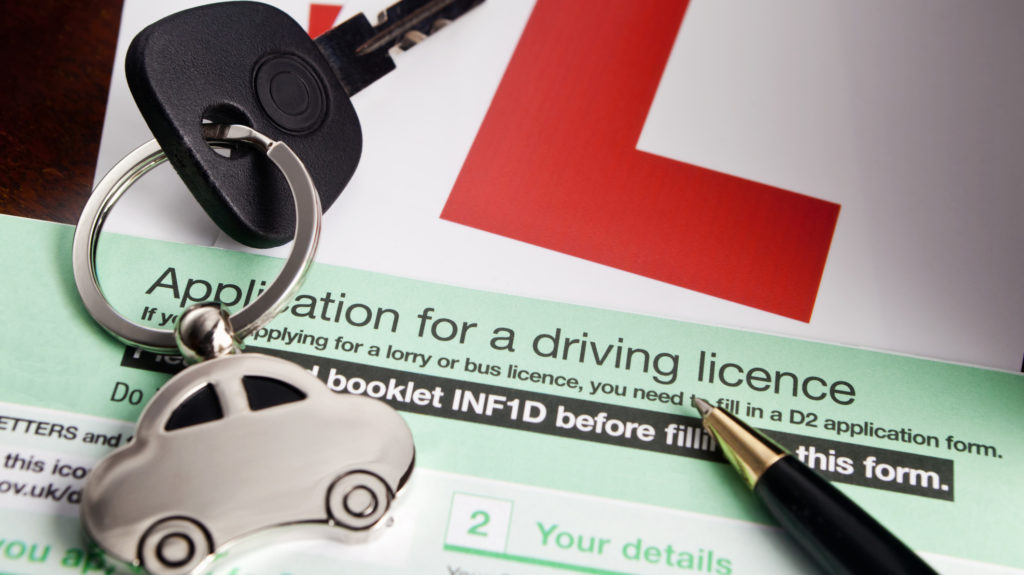Every year, thousands of British skiers take to the slopes with insurance that will not protect them. It’s easy to get covered, too. Read on to learn more.


Figures from the Department for Transport show a rapid decline in the number of young people on the roads. Almost half of 17-20-year-olds could drive in 1992-4, but that dropped to just 29% in 2014.
So why are young people calling time on cars?
Environmental responsibility
Around two-thirds of 16 to 34-year-olds considered environmental and wildlife policies a top voting priority in 2016, according to a CensusWide survey. With almost nine out of ten respondents prioritising the environment, perhaps it’s no surprise they are choosing to walk, cycle or take public transport rather than drive.
Lifestyle changes
The idea of passing your driving test just in time to beetle off to university or move away for work may be an outdated one, as youngsters stay at home for longer than ever.
In fact, the number of adults living with their parents reached a record high in 2017, showing one in four people aged 20-34 choosing to live at home. Local workplaces and lifts from mum and dad might be leaving young people with no need to drive themselves.
For those in busy cities, which is more of us every year, taxi apps like Uber have made it easy to get around quickly, even after public transport has closed up for the night.
Financial frugality
Learning to drive has never been cheap, but MoneySupermarket.com puts the average cost of gaining a licence in 2017 at a whopping £2,741.
This includes a minimum of £141 in theory and practical tests, the DSA’s recommended 47 hours of tuition – at an average cost of £24 per lesson – plus 22 hours of private practice, which requires a family member or friend to add a learner to their private car insurance.
After all that? Buying, maintaining, fuelling and insuring a car doesn’t come cheap.
The average cost of a first car being around £4,000 and the ever-increasing cost of fuel, the annual cost of motoring can very often be somebody’s largest expense.
With the current minimum wage (at the time of writing) at just £4.05 per hour for those under 18, even working a 35 hour week will result in annual earnings of under £8,000. The cost of learning to drive, purchasing and insuring a vehicle becomes out of reach for a lot of young drivers.
However, there are ways to reduce a new driver’s Car Insurance premium. Specialist Young Driver cover can keep costs down by utilising black box technology, which proves the driver’s capability to insurers. Choosing a higher excess can also keep costs down.
Not sure where to start? Fiveways Insurance’s experts are happy to advise on the best solution for you and your family. Get in touch on 01952 812380 for more information or visit our dedicated young driver pages.